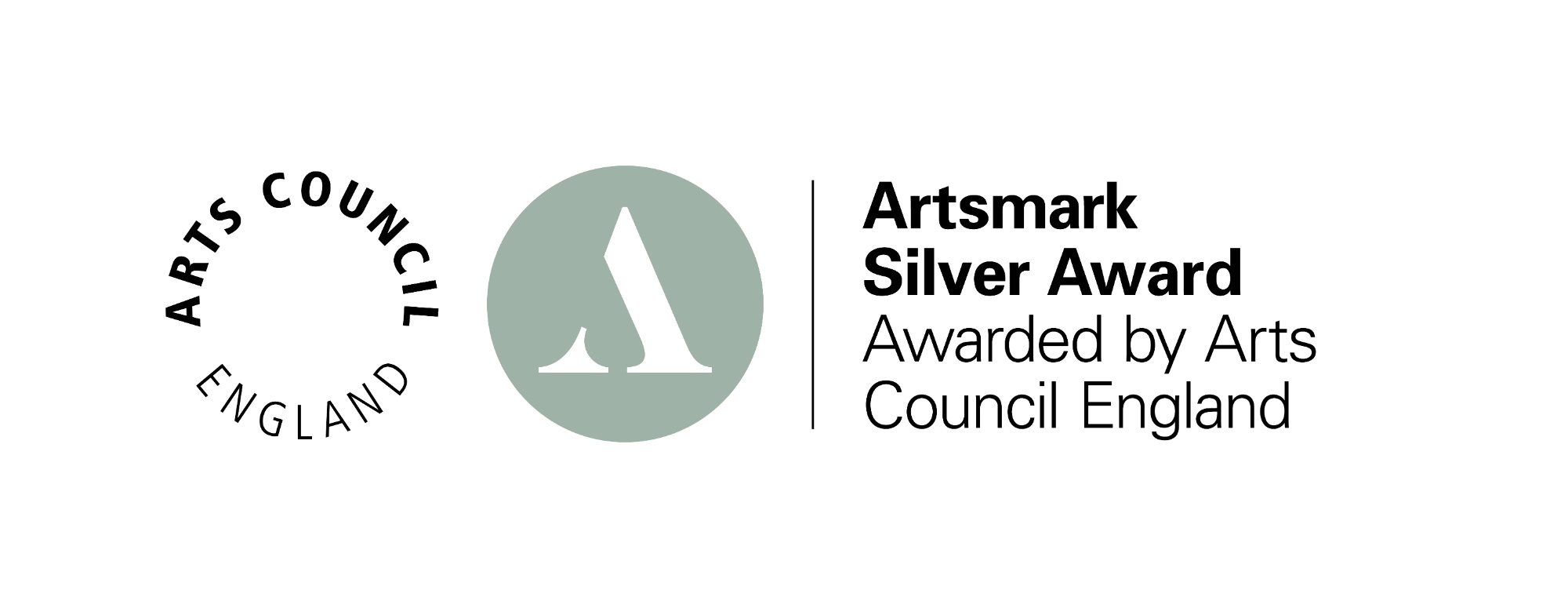What is the vision of the school?
To deliver the highest quality of education for our pupils by providing a safe and stimulating environment, which empowers pupils to maximise their personal, spiritual, creative and academic potential in order to become lifelong learners.
We will teach wisdom, model and expect respect for all. We will nurture perseverance, patience, responsibility, creativity, honesty and hope, equipping our children for life in all its fullness as honest adults in our diverse and ever-changing world.
We aspire to work collaboratively with our diocese, local authority, national and global communities through our motto and vision which calls for all seeds in our community to be nourished together:
‘Behold, how good and how pleasant it is for us to dwell together in unity’
(Psalms 133:1)
Motto: 'We are a team that achieve amazing things every day!'
How is the school’s vision a clearly articulated theologically rooted Christian vision?
Psalms 133:1 reads, "Behold, how good and how pleasant it is for brethren to dwell together in unity!" This verse is a powerful reminder of the importance of community and unity within a Christian school. By emphasising the value of unity, this verse encourages pupils, teachers, and staff to work together towards a common goal, ultimately strengthening the school's identity as a Christian community.
Furthermore, this verse promotes a culture of acceptance and respect for others, which is essential in creating a safe and welcoming learning environment. Pupils are encouraged to recognise the value of every individual and to embrace diversity, promoting a sense of belonging and acceptance within the school.
By choosing Psalms 133:1 as a guiding verse for a school's theological Christian vision, the school actively recognises the importance of community, unity, and inclusion in fostering a Christ-centered educational environment. This verse serves as a powerful reminder of our shared goals and encourages us to work together as we seek to grow in faith, knowledge, and service.
How do the specific needs of the school community inform the theologically rooted Christian vision? In other words, do leaders understand the school’s context, and do they know how to respond to it theologically?
The schools' context is diverse and we aim to meet the community's needs by being a part of the community - 'with' the community.
Psalm 133:1 says, “How good and pleasant it is when God’s people live together in unity!” This passage is often used to express a Christian vision of unity within a community or society. In the context of our school community, the Christian vision of Psalm 133:1 helps us to meet the needs of the community in the following ways:
1. Fostering community cohesion: The Christian vision of unity creates a shared sense of purpose and connects pupils, staff, and families together, fostering a greater sense of community cohesion.
2. Promoting respect, tolerance, and inclusion: The Christian vision of unity can help pupils learn to respect and appreciate difference while promoting an inclusive and tolerant school environment.
3. Nurturing personal and spiritual growth: Unity can help pupils develop a sense of belonging, which is crucial for personal and spiritual growth. This sense of belonging can contribute to pupils’ sense of purpose and self-worth, building pupils’ self-esteem.
4. Developing positive relationships: A school’s Christian vision can emphasise values such as love, forgiveness, compassion, and respect, which can help students develop positive relationships with their schoolmates and staff.
The Christian vision of Psalm 133:1 meets the needs of our school community by promoting community cohesion and inclusion, nurturing personal and spiritual growth, and developing positive relationships. The Christian vision can also help create safe, welcoming, and supportive environments that promote academic growth and holistic development.
Why have school leaders decided that the school should be a maintained school or an academy? How does this status enhance the effectiveness of the school as a Church school?
The school is a maintained school - we are always open to working with academy trusts and considering joining a multi-academy trust. As things currently stand we are proud of the influence the local governing body has on the shape, direction and future success of our school. Members of our local community come together, as a strategic church school governing body, to build on the success of our local predecessors and seek out new partnerships and opportunities to benefit our pupils, families and staff and school community.
As a result of the school’s Christian vision, original foundation, and current context, why are school and trust structures of governance as they are?
The structure of governance - defined here: https://www.sfsm.lincs.sch.uk/attachments/download.asp?file=66&type=pdf
How do governance accountability and delegated authority in the school and trust enhance the work of the school as a Church school? How do leaders know this?
At St Faith & St Martin Church of England Junior School, governance accountability and delegated authority enhance the work of the school as a Church school in the following ways:
1. Accountability to the Christian values and ethos: The school's governing body is accountable to the Christian values and ethos of the school, ensuring that the school's policies, practices, and procedures align with its Christian character.
2. Ensuring compliance with Church of England expectations: The school's governing body has a responsibility to ensure that the school is compliant with Church of England expectations regarding religious education, collective worship, and other aspects regarding Christian education provision.
3. Promoting spiritual and moral development: The governing body has a role in promoting spiritual and moral development, encouraging the development of Christian values such as love, forgiveness, and compassion.
4. Providing leadership and strategic direction: The governing body is responsible for providing leadership and strategic direction for the school, ensuring that it provides a high-quality Christian education and is financially sustainable.
5. Ensuring that resources are effectively deployed: Through delegated authority, the governing body ensures that resources are effectively deployed in line with budgetary constraints.
In conclusion, governance accountability and delegated authority at St Faith & St Martin Church of England Junior School enhance the work of the school as a Church school by promoting accountability to Christian values and ethos, ensuring compliance with Church of England expectations, promoting spiritual and moral development, providing leadership and strategic direction and ensuring effective deployment of resources. The combination of these factors helps ensure that the school provides a high-quality Christian education that reflects the values and teachings of the Church of England.
Leaders know and monitor this through regular governing body meetings, governor visits to school and further verification through external visits from the local authority and diocese board of education.
What are the school’s arrangements for collective worship? Why are these arrangements in place?
Our arrangements for collective worship serve to enhance the school's Christian character and promote the spiritual development and well-being of our pupils. Here are some key features that we consider in our arrangements for collective worship:
1. Frequency: We hold daily acts of collective worship. This can take place as a whole school or in smaller groups.
2. Content: The content of collective worship is appropriate for the age and stage of students in attendance. It also reflects the school's ethos, values, and Christian character, promoting positive Christian values such as love, respect, and compassion.
3. Participation: Pupils have the opportunity to participate actively in collective worship, either through leading prayers, sharing reflections or taking part in other liturgical or musical contributions.
4. Inclusiveness: Collective worship is inclusive, taking into account students' diverse religious and cultural backgrounds while also respecting the school's Christian foundation and values.
5. Reflection and spiritual development: Collective worship provides regular opportunities for students to reflect on the Christian faith, deepen their understanding, and grow spiritually.
6. Evaluation: We also evaluate the effectiveness of our collective worship provision, taking into account feedback from students, staff, and the local community to ensure ongoing improvement.
Overall, our arrangements for collective worship provide opportunities for spiritual development, reflection, and growth while also reflecting our school values and Christian character.
How is religious education structured and organised? Why have these decisions been made?
See the religious education policy here.
What is the relationship between the school and the DBE? How do these relationships enhance the school’s ability to live out its Christian vision and to live up to its foundation as a Church school, enabling people to flourish?
Working with Lincoln diocese board of education enhances our school's ability to live out its Christian vision and to live up to its foundation as a Church school, enabling people to flourish in numerous ways, including the following:
1. Promotes fidelity to the school's Christian foundation and vision: Working with Lincoln diocese board of education helps to ensure that the school stays true to its Christian foundation, values, and vision.
2. Enhances the quality of Religious Education and spiritual development: The diocese board of education provides advice, support and resources to improve the quality of Religious Education in schools, helping students develop a deeper understanding of the Christian faith, and facilitating their spiritual and moral development.
3. Emphasises pastoral care and the development of the whole person: Lincoln diocese board of education places an emphasis on pastoral care, promoting the development of the whole person and an emphasis on the personal, social, moral, spiritual, and cultural aspects of education.
4. Provides opportunities for networking, development, and support: By working with Lincoln diocese board of education we are part of a wider community of schools that share a common heritage, and as such, they have access to a wealth of support, networking and development opportunities.
5. Ensures compliance with the Church of England's Educational framework: Working with Lincoln diocese board of education ensures that our school meets the legal requirements associated with being a Church School, including the standards expected of Religious Education, Collective Worship, and the provision of Spiritual, Moral, Social, and Cultural Development (SMSC).
Working with Lincoln diocese board of education enhances our school's ability to live out its Christian vision and to live up to its foundation as a Church school, enabling people to flourish, by promoting faithfulness to the school's Christian foundation, enhancing quality of Religious Education and student's spiritual development, emphasising pastoral care, providing opportunities for networking, development, and support, and ensuring compliance with the Church of England's Educational framework.
What is the relationship between the school and local churches? How do these relationships enhance the school’s ability to live out its Christian vision and to live up to its foundation as a Church school, enabling people to flourish?
Our excellent relationship between our local church and church school is one built on mutual respect, trust, and collaboration. The church supports and upholds the Christian values and ethos of the school while the school is committed to upholding the mission and character of the Church. The Church is an active participant in the school's life, contributing to the provision of Religious Education and Collective Worship, and providing pastoral support when needed. The school, in turn, provides the Church with opportunities to engage with the local community and promote the Christian faith. Such a relationship fosters a strong sense of belonging and shared values, promoting strong educational outcomes and holistic development for pupils and families.
https://www.stfaithslincoln.org.uk/schools











